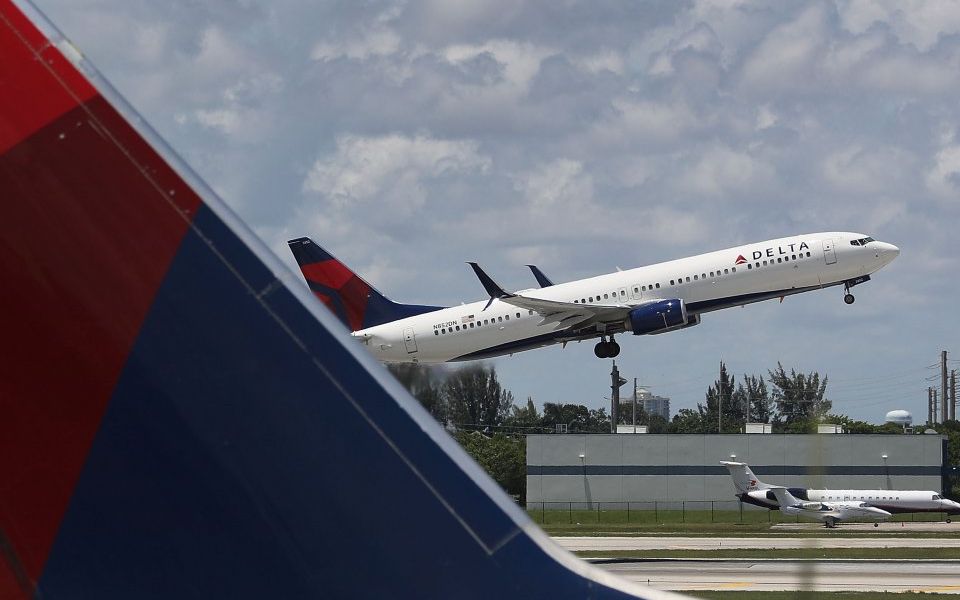EU rejects aviation regulator’s push for no-deal Brexit transition talks

The EU's aviation regulator rejected British calls for a joint no-deal Brexit transition plan in July, new letters reveal.
In June, the UK's Civil Aviation Authority (CAA) chief executive Richard Moriarty wrote to his EU counterpart Patrick Ky to say it would be in "both their interests" to agree to a joint transition plan.
"These technical discussions between us would enable a joint plan to be made and communicated, and for all EU citizens and businesses to be assured of the ongoing integrity of the aviation framework in any future scenario," he wrote.
Ky responded to say that although the European Aviation Safety Agency (Easa) was "in principle" available to discuss practical co-operation with the CAA, it considered it necessary to have "sufficient clarity and certainty on the outcome of the ongoing withdrawal agreement negotiations" before engaging in talks.
Read more: Ryanair boss ramps up warnings of grounded flights after Brexit
Ky said he understood the CAA's request to discussions to limit disruption and safety risks, but he added: "It remains the case that without sufficient clarity on both the outcome of the withdrawal process and the future UK legal framework such discussions would currently be premature."
The UK is set to leave the EU on 29 March 2019, with a deadline for reaching an agreement set for December at the latest.
A CAA spokesman said: “In the CAA’s no-deal Brexit planning, our absolute priority is to play our role in maintaining safety and maximising continuity and stability for passengers and the aviation and aerospace industries. Our long-standing preference, and the government’s, is that the UK remains part of the Easa aviation safety system following EU exit.
But as a responsible regulator, we must plan for the possible outcome of a non-negotiated withdrawal. In this scenario, the UK government would incorporate all current EU air transport safety regulations into UK law on 29 March 2019, allowing the CAA to continue to recognise safety licences and approvals issued through EASA for up to two years after this date.
“This step would support our aim of providing continuity and stability for aviation and aerospace organisations by avoiding unnecessary or disproportionate regulation. We urge the EU to follow suit by ensuring there is mutual recognition of aviation approvals issued under both EU and UK regimes. This is strongly in the interests of consumers and businesses in both the EU and the UK. Bringing EU aviation legislation into UK law would also mean that we maintain existing levels of consumer protection for passengers.
“We call upon the European Commission to allow EASA to hold discussions with us about the detailed technical arrangements that would apply in a no-deal scenario. We are ready to start these talks immediately.”
Read more: EU negotiators predict Brexit deal to be 'very close'